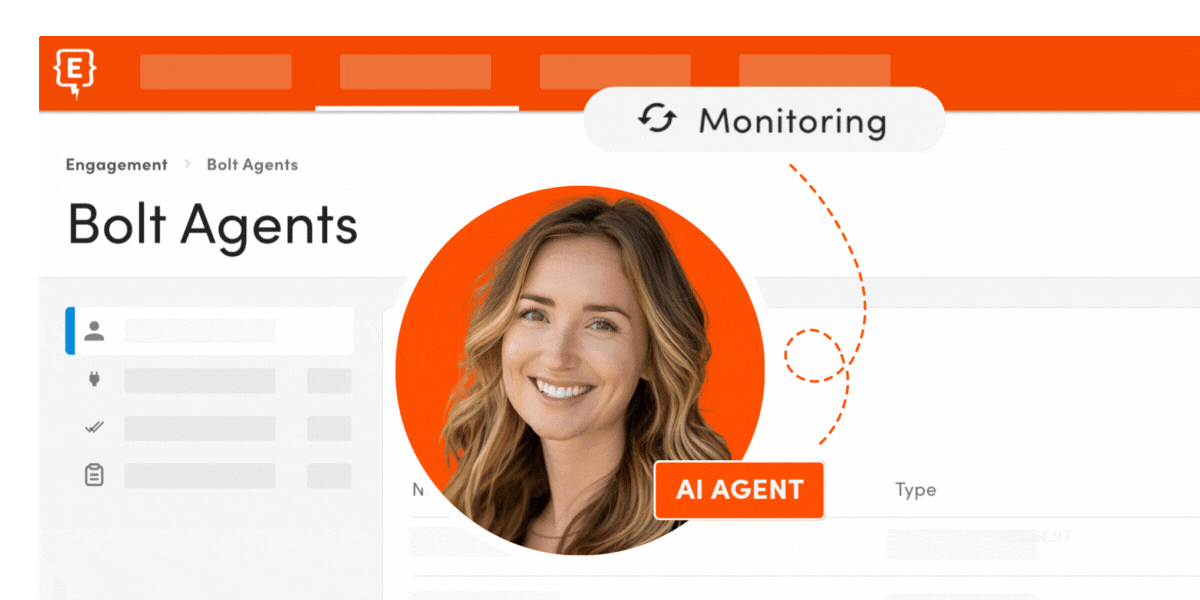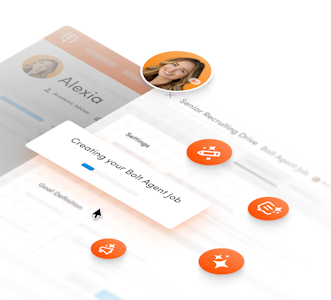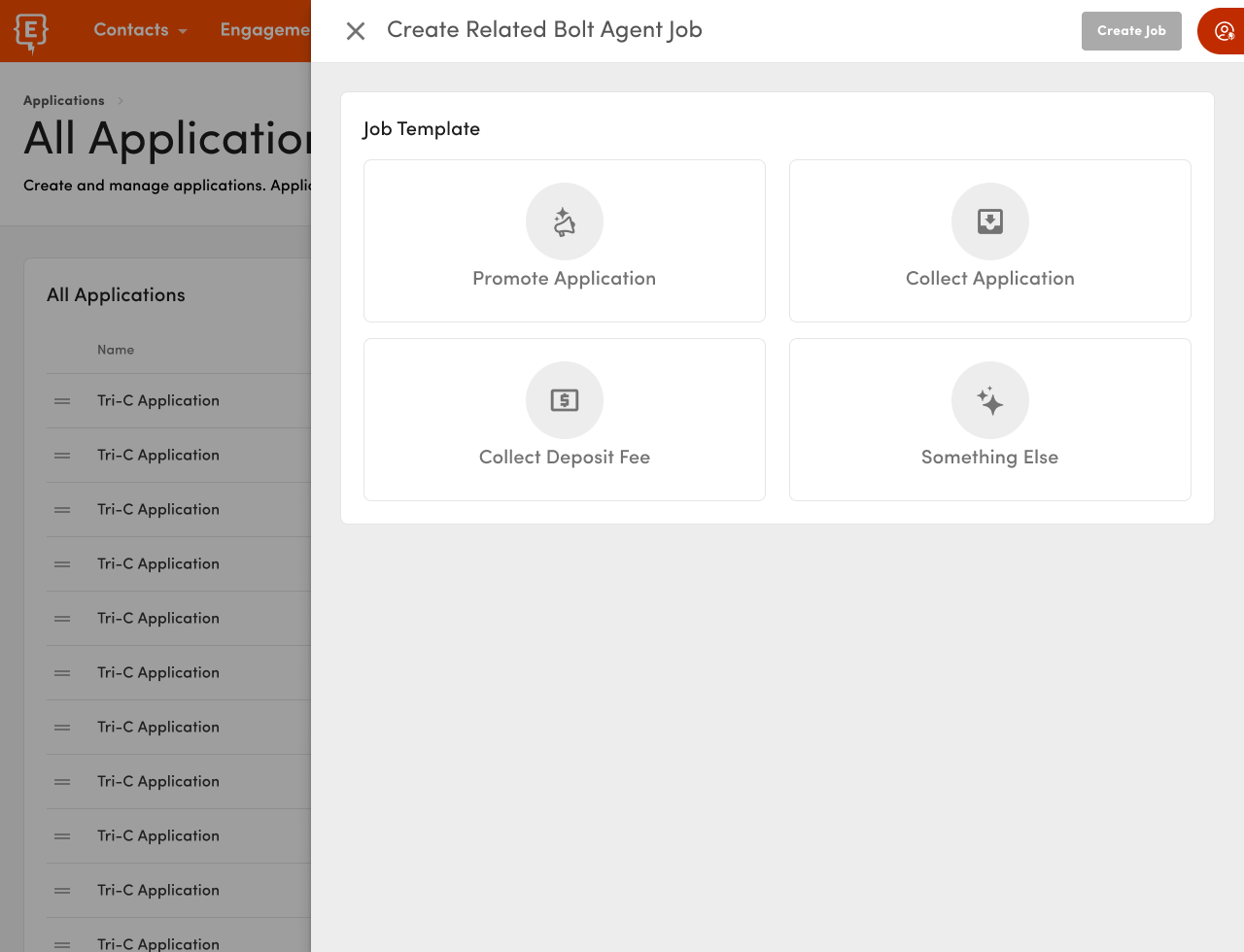What Is an AI Agent and How Can Colleges Use Them?
by Erin Newton · Oct 01, 2025

Introduction to AI Agents for Higher Ed
An AI agent is software that does real work on your behalf — much like a digital teammate. Instead of waiting for commands, it is programmed with a goal, knowledge, and actions it can take, then makes its own decisions to achieve that goal. In higher education, this means admissions, marketing, and student success teams can delegate routine but important tasks — like following up with prospects or answering questions — to agents that work around the clock.
As Element451’s chief product officer explains in this video: AI agents are the backbone of an AI workforce platform, helping colleges scale outreach, support, and engagement without requiring complex setup or technical expertise.
What is an AI agent?
An AI agent is software designed to pursue goals autonomously: it perceives inputs, plans, takes actions, observes results, and adapts. In Element451’s words, agents “do real work on your behalf, just like a teammate would.”
Unlike basic automation, they can break down tasks and maintain context over time.
Academic research reinforces this definition. Kapoor et al. (2024) describe AI agents as entities that sense, reason, and act toward objectives, often enhanced by large language models (arXiv). A Stanford-led survey highlights how agents combine planning, memory, and tool use to perform complex tasks (arXiv).
Core Components of an AI Agent
This table highlights common core components found in most AI agent systems: goals, perception, planning, actions, memory, and feedback. Together, these elements enable agents to act autonomously, adapt to data, and pursue objectives across many different contexts.
Component | Purpose | Example |
|---|---|---|
Goal module | Defines target | "Convert inquiries to applicants” |
Perception | Reads data | CRM records, student engagement logs |
Planner | Decides sequence | Branching logic, LLM reasoning |
Action module | Executes work | Sends messages, updates records |
Memory | Tracks history | Prior communications, context |
Feedback loop | Evaluates & adjusts | Success metrics, human escalation |
How is an AI agent different from chatbots or assistants?
AI agents differ from chatbots and assistants because they act on their own and work toward goals. Chatbots respond when asked; assistants provide on-demand help. Agents proactively pursue objectives, adjusting strategy without needing constant instructions. Element451 emphasizes that agents free staff from micromanaging every interaction while staying aligned with institutional goals.
Cloudflare explains that agentic AI systems plan and execute actions across domains rather than just react to input (Cloudflare’s overview of agentic AI). This makes them distinct from chat-based assistants like Siri, which wait for prompts.
Key distinctions:
- Proactive vs. reactive
- Goal-level vs. task-level thinking
- Long-term memory vs. single-turn memory
- Tool orchestration vs. limited response
Why do AI agents matter for higher education?
AI agents help colleges scale communications, engagement, and support with fewer resources. They can recruit, answer questions, and even switch languages mid-call, as shown in this Element451’s demo.
Research supports this impact. A Forbes analysis found professionals expect agents to take on routine work, freeing staff for strategy (Forbes). Stanford’s SCALE initiative describes agentic workflows (planning, tool use, reflection) as transformative in education (Stanford SCALE).
Benefits for higher ed
- Scalable engagement with applicants and students
- Consistent, policy-aligned communication
- 24/7 availability for inquiries
- Personalized support tied to student data
- Staff focus on judgment-driven work
How are colleges using AI agents right now?
The AAAI Symposium on AI in Education outlines four core areas where AI agents are already making impact: administrative automation, content generation, tutoring/mentoring, and early alerts. In that framework, agents take actions in supporting institutional operations, aiding learning, and proactively intervening when risk signals surface.
For example:
- Institutional operations: automating scheduling, record updates, and workflow orchestration
- Instructional support: generating content, grading drafts, or answering learning questions
- Student assistance: 24/7 help desks, guiding task completion, answering FAQs
- Retention interventions: nudges when engagement drops, early alerts, escalation to staff
Element451’s agents map directly into most of these roles. For instance, our agents can call prospective students, send prompts for required steps, and respond to admissions questions around the clock. They integrate into a school's existing software so that tasks like follow-up nudging, process reminders, and escalation logic are handled seamlessly.
How does Element451’s AI workforce platform enable agent teams?
Element451’s AI workforce platform provides ready-to-use higher-ed agents, avoiding complex integrations. Staff can supervise, intervene, and guide agent behavior. Agents are pre-coded as higher-ed experts and work across enrollment & admissions, marketing, and student success.
Capabilities include:
- CRM/SIS/LMS integration
- Multi-agent orchestration
- Dashboards and analytics
- Guardrails and permissions
- Human escalation paths
How do I get started with AI agents at my school?
Adoption works best when phased, measured, and transparent. Start small, monitor, and expand once trust is built. Microsoft notes that successful deployments tie agent adoption to digital transformation strategies (Microsoft).
Steps
- Identify one high-impact, low-risk use case
- Define metrics and guardrails
- Pilot with human oversight
- Train staff and collect feedback
- Scale gradually with governance
For more guidance, explore our AI Learning Center where we have playbooks for things like using AI agents for senior search campaigns and reading applications.
FAQs: Frequently Asked Questions about AI Agents for Colleges
What qualifies as an AI agent vs. a chatbot?
Can AI agents make mistakes?
Are they FERPA-compliant?
Do agents replace staff?
How is success measured?
How do multiple agents work together?
What does ongoing maintenance involve?
Can agents handle multiple languages?
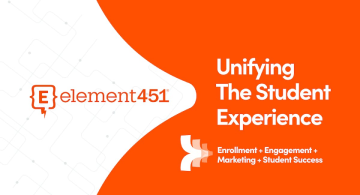
About Element451
Boost enrollment, improve engagement, and support students with an AI-driven CRM and agent platform built for higher ed. Element451 makes personalization scalable and success repeatable.
Categories
New Blog Posts
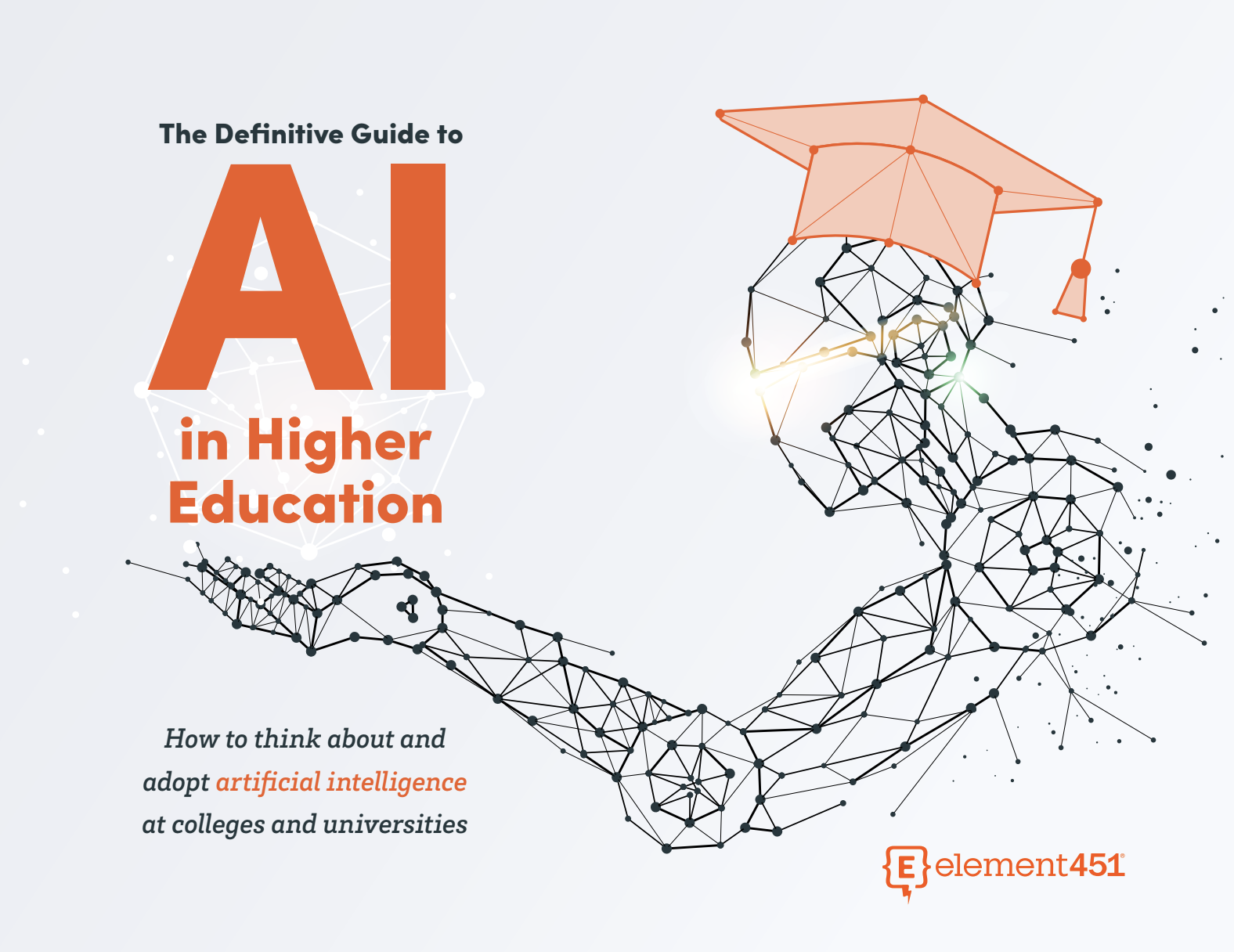
The Definitive Guide
AI in Higher Education
Bridge the gap between the latest tech advancements and your institution's success.
Useful Links
Related Articles

Talk With Us
Element451 is an AI-driven CRM and AI agent platform for higher education. Our friendly experts are here to help you explore how Element451 can improve outcomes for your school and students.
Get a Demo


